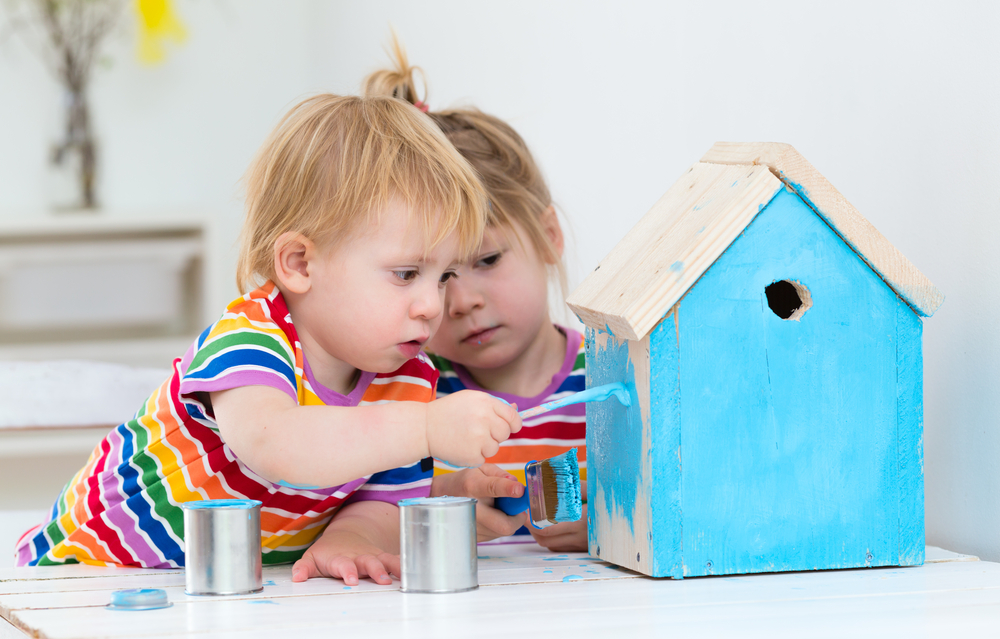Sorting skills Easy Math Worksheets for Ages 5-6
5 filtered results
-
From - To
Enhance your child's foundational math skills with our "Sorting Skills Easy Math Worksheets" designed for ages 5-6! These engaging and colorful worksheets help young learners master critical sorting skills, promoting cognitive development and logical thinking. Through fun activities such as sorting by size, shape, and color, children will improve their ability to categorize and group items, a vital precursor to more advanced math concepts. Perfect for use at home or in the classroom, these printables make learning enjoyable and interactive. Give your child a head start in math with our expertly crafted sorting skills worksheets.
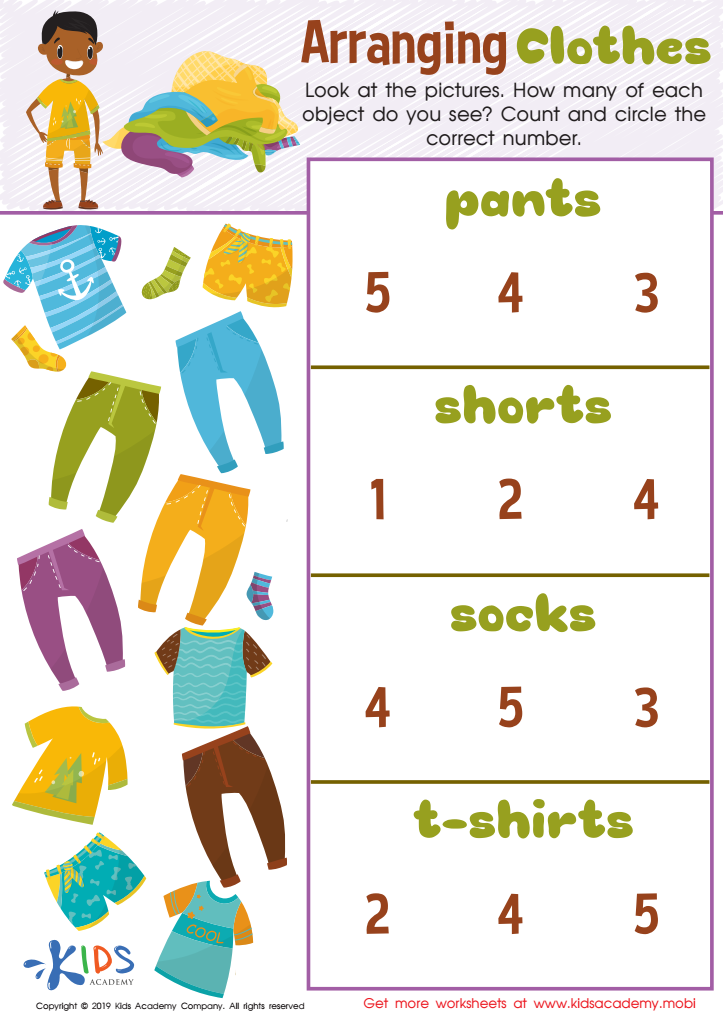

Arranging Clothes Worksheet
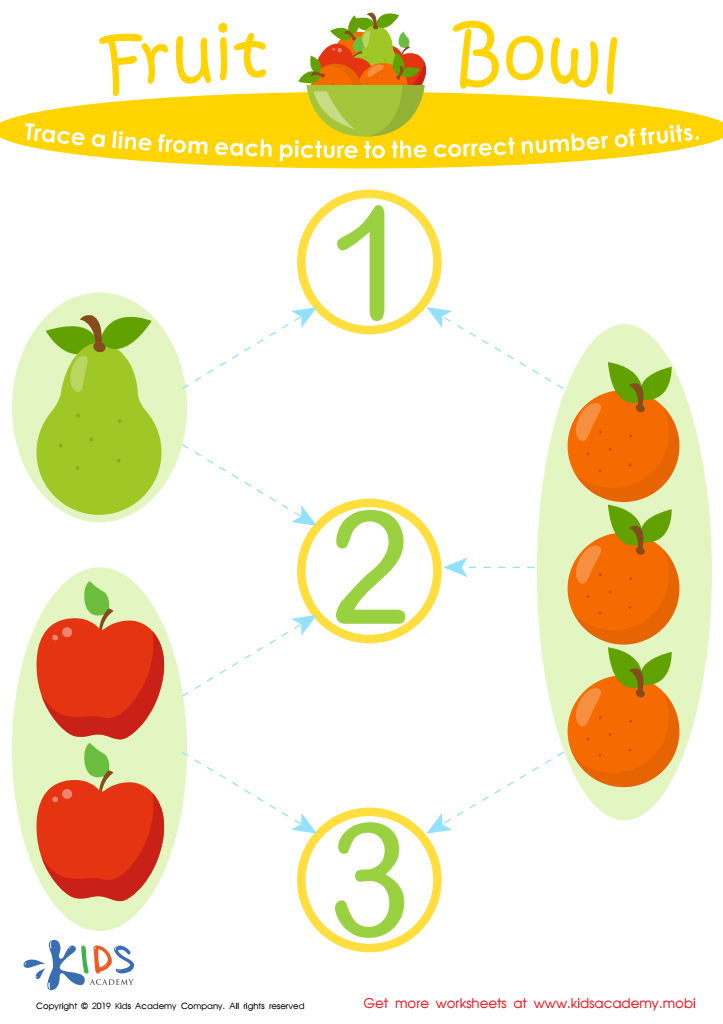

Fruit Bowl Worksheet
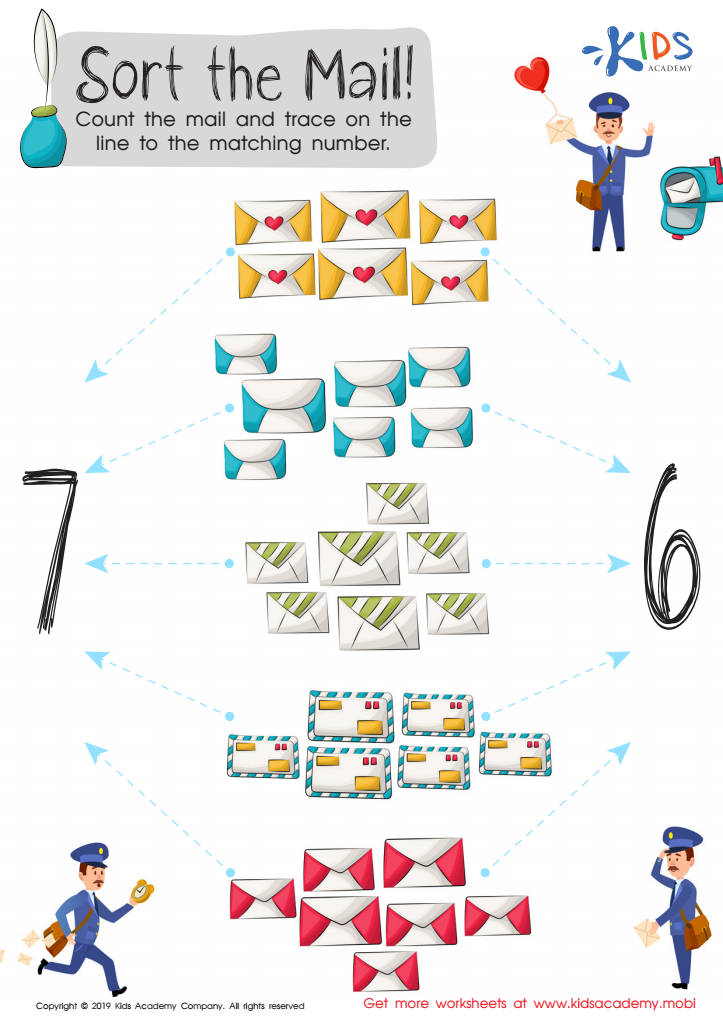

Sort the Mail Worksheet
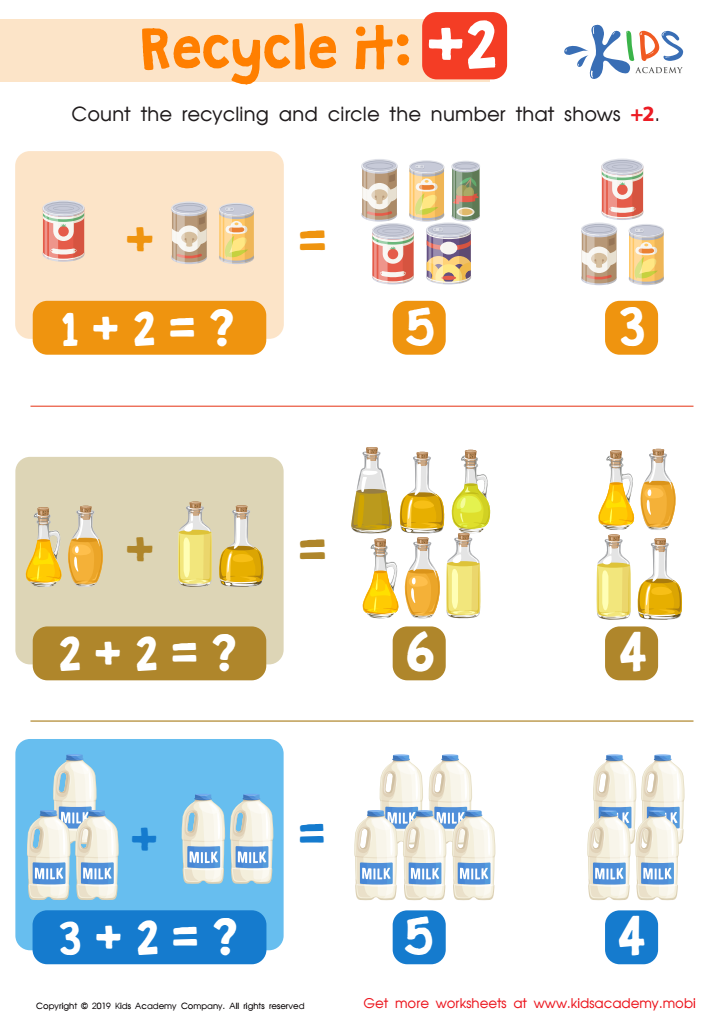

Recycle It: +2 Worksheet
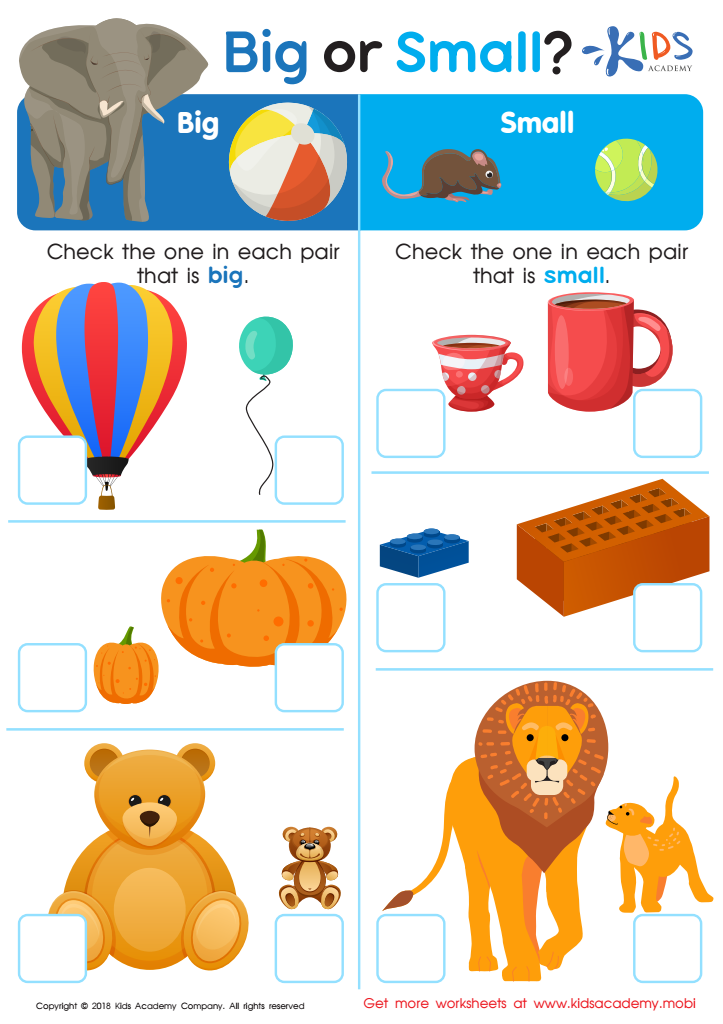

Big or Small? Worksheet
Developing sorting skills in children aged 5-6 is crucial for their cognitive and academic growth. Parents and teachers should care deeply about these skills because they form the foundation for more advanced mathematical concepts. Sorting helps children recognize patterns, categorize objects, and understand relationships between items, all of which are essential for problem-solving and logical thinking.
When children learn to sort objects by various attributes such as color, size, or shape, they enhance their observational skills and attention to detail. This activity encourages them to identify similarities and differences, laying the groundwork for understanding sets and subsets, which are fundamental concepts in math.
Sorting also aids in vocabulary development as children learn specific terms to describe attributes and characteristics of objects. This not only boosts their math vocabulary but also strengthens their language skills.
Moreover, sorting activities promote fine motor skills as children handle and manipulate objects, enhancing their hand-eye coordination. It's a hands-on, engaging way for young learners to interact with their environment and make sense of the world around them.
Overall, by prioritizing sorting skills in early education, parents and teachers support a child's ability to think critically and logically, setting them up for future academic success in mathematics and beyond.
 Assign to My Students
Assign to My Students










